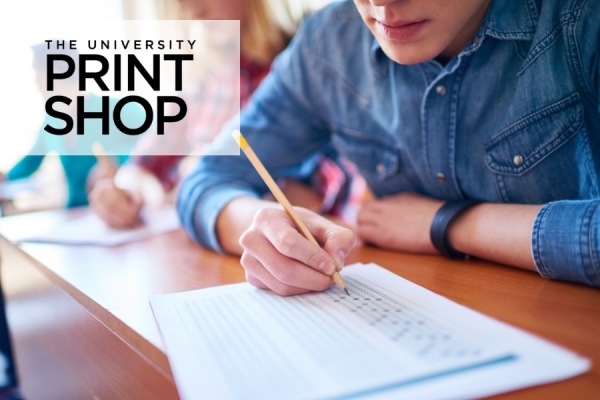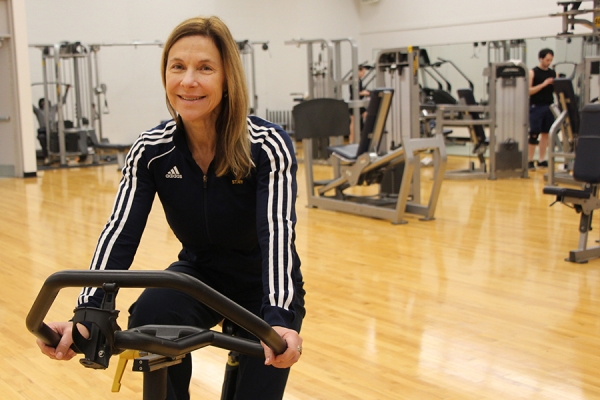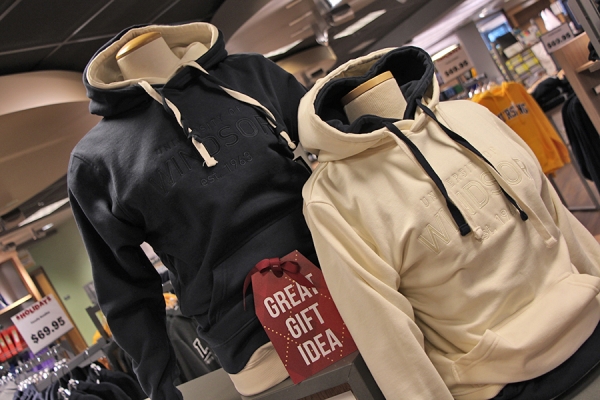In her 30 plus years as co-ordinator of Lancer Recreation, Sandra Ondracka has seen a lot of change, including the adoption of the name “Lancer Recreation” from its previous label of “Campus Recreation.”
“Our focus has expanded from the university campus to include a more global perspective,” she says. “In keeping with the Aspire strategic plan, we put a lot of emphasis on drawing the community into our spaces and recreation programming.”
The Toldo Lancer Centre hosts events: everything from high school graduations to competitions of athletics and robotics. Children’s summer camps and the low-ropes Challenge Course have attracted thousands of youths onto campus who may otherwise not have stepped foot here. In addition, Ondracka points to many campus and community collaborations with local health care organizations and departments such as kinesiology, to jointly offer programs such as the Cardiac Wellness Maintenance Program, LAWS - Girls in Motion, and the Adaptive Physical Exercise (APEX) program.
She is proud that the University has signed on to the Okanagan Charter, which commits institutions to embed health into all aspects of campus culture and to lead health promotion action and collaboration locally and globally.
“The entire concept of fitness has grown into a key part of overall health, mental as well as physical,” she says. “Where recreation used to be an option, now it’s integrated into everything we do to promote well-being.”
Her work involves co-ordinating with the Student Counselling Centre, the Wellness Office under Student Affairs, and other campus groups such as the Lancers Recover and providing employee supports to ensure a healthy environment.
“I know the difference this makes in people’s lives,” Ondracka says. “Never did I think at the start of my career that it would take on this sort of importance on campuses across the country.”
But she truly believes that recreation and the Lancer Centre support student recruitment and retention, academic performance, and a sense of belonging on campus.
Foundational to Lancer Recreation are the values of equity, diversity and inclusion which also reflects another of the University’s Aspire priorities.
“We are constantly looking at ways to incorporate notions of diversity into our operations: reaching out to marginalized populations and asking at every stage ‘Are we being equitable? Are we being accessible? Do you feel like you belong?’”
With three full-time support staff and a student employee complement in the hundreds, the Lancer Rec team is responsible for summer camps, aquatics, intramurals, community outreach, TLC memberships, fitness and instructional programs. Ondracka’s job requires a lot of day-to-day “putting out fires,” ensuring excellent customer service and facilitating opportunities to maximize participation.
If all else fails, she is always ready to step in and lead a fitness course herself: “I can teach spin classes, interval training — everything but Zumba,” Ondracka says with a chuckle.
 From left to right: President Robert Gordon, Dr. Nabil Asfour, Dr. Mohamed Ouerfelli, Dean Reem Bahdi
From left to right: President Robert Gordon, Dr. Nabil Asfour, Dr. Mohamed Ouerfelli, Dean Reem Bahdi







